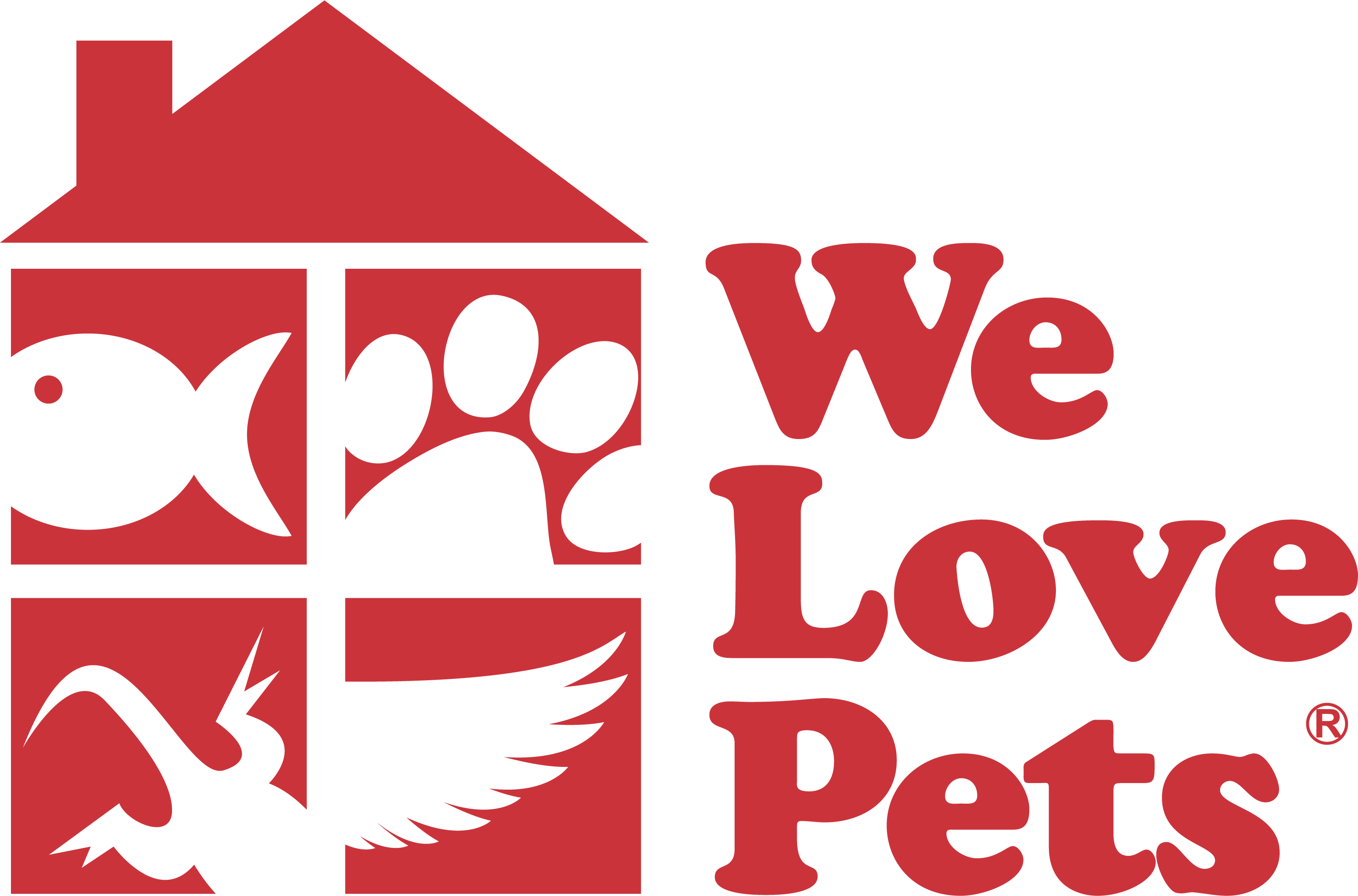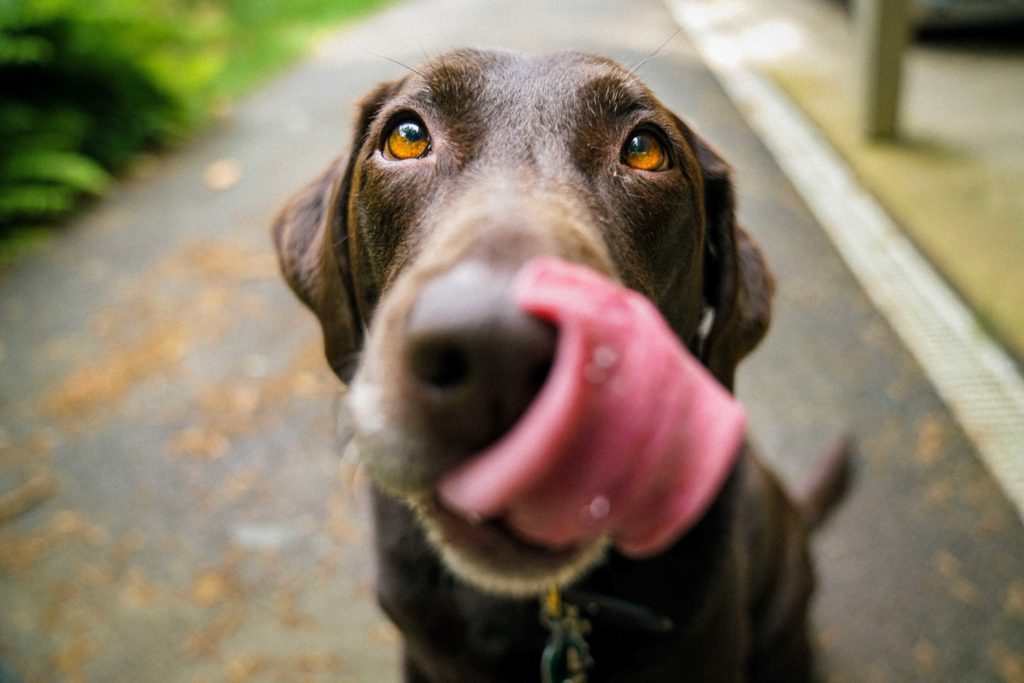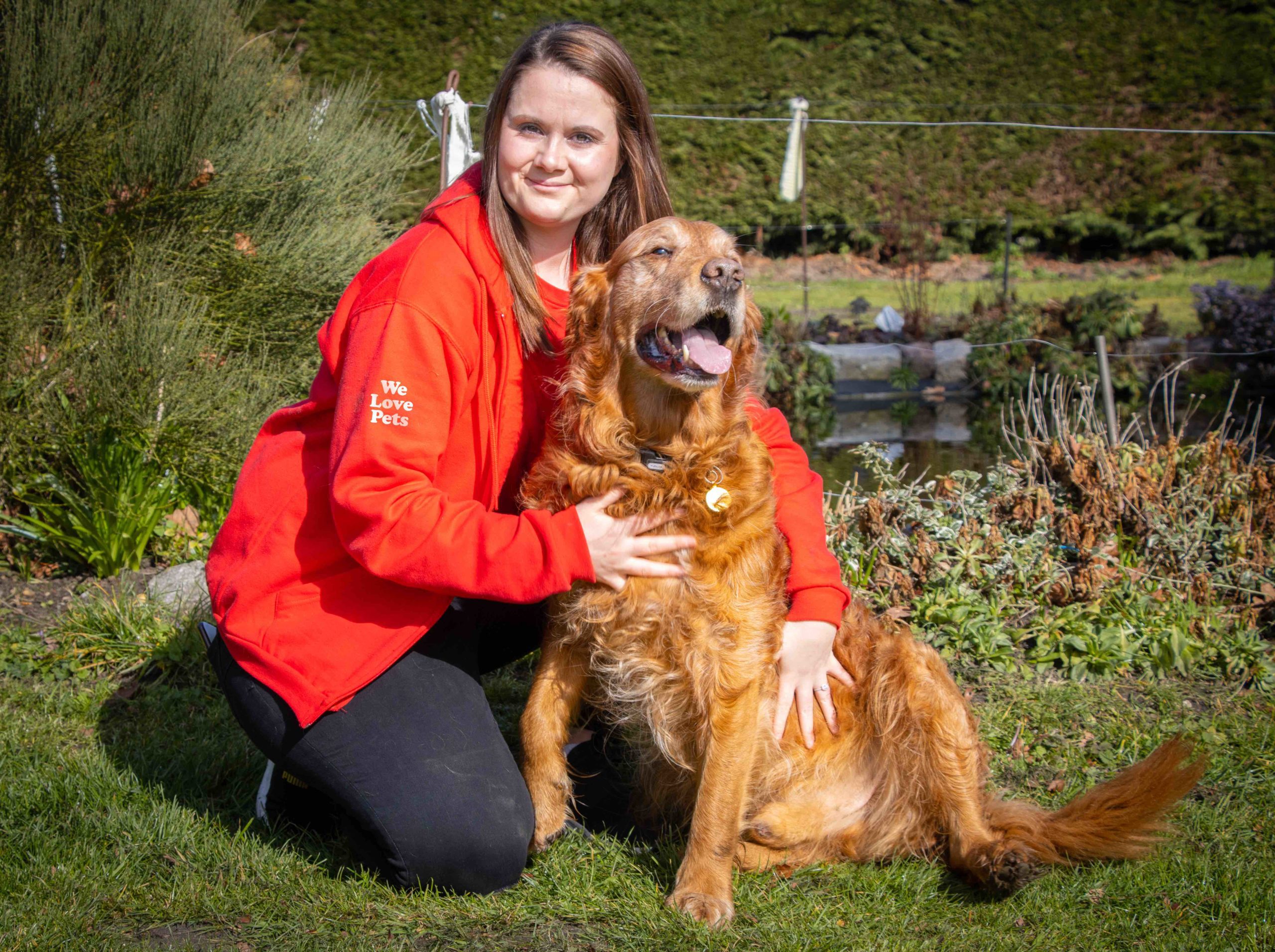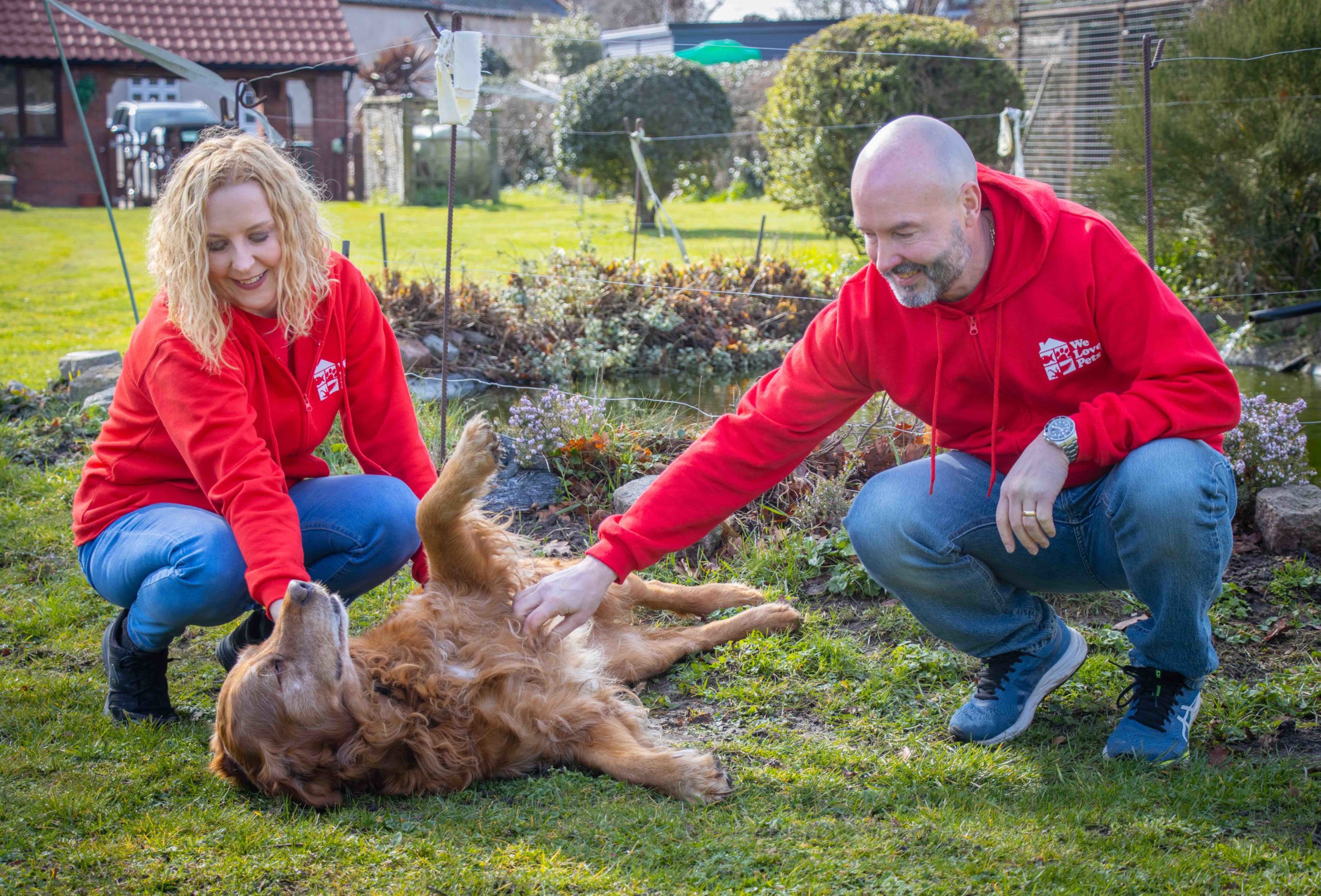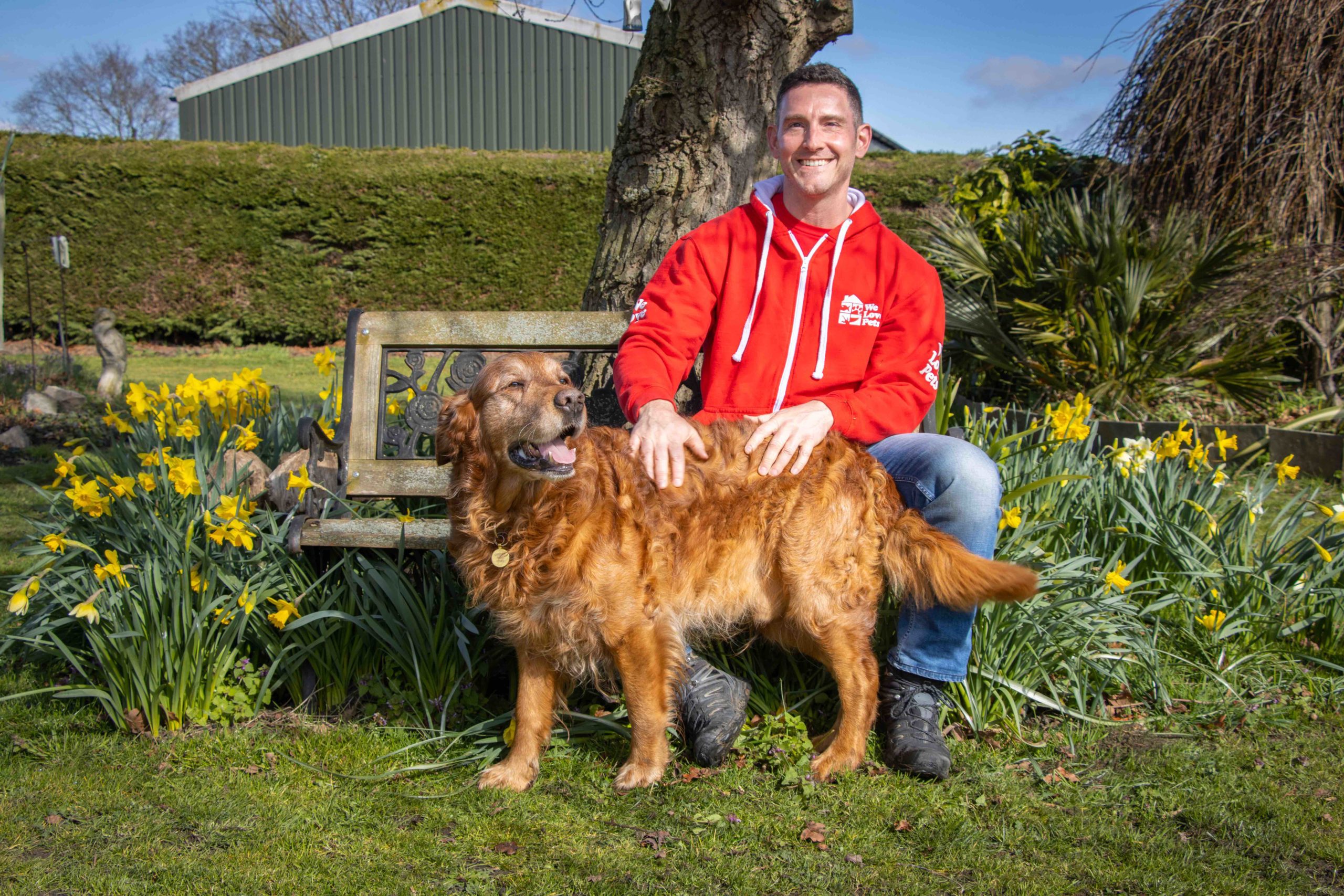Does your pet inhale their food? Does it seem like they’re eating after days of starvation… When in reality they’ve eaten just a few hours ago?
Some cats and dogs are nibblers. Many are gobblers. They devour their meal as soon as the bowl hits the floor – do they even taste what they are eating? Gulping with such gusto can present some problems, we have listed below dangers, reasons and solutions to help slow your greedy gobbler down.
Dangers
Eating too fast can be dangerous for our pets –
- Choking – As our pet is inhaling their food there is a possibility that they could choke on it, which is a life-threatening issue, if this occurs you must contact your vet or the closest out of hours straight away! First aid can be tried at home but should not be carried out for more than a minute or two, your main priority is getting your pet to the vet.
- Bloat – Bloat is caused by gulping down excessive amounts of air along with their food, their stomach/intestines expand and can twist within the abdomen and causes the animal to go into shock, this is also a life-threatening issue and you should seek veterinarian help immediately.
- Not absorbing nutrients – As your pet is eating too fast, they may not be chewing their food properly, making it harder for the food to pass down the digestive tract. In turn this can cause other health issues by parts of the digestive system not receiving the nutrients they need to keep your pet healthy.
Reasons why
- Competition – If you have more than one animal, they may feel the need to eat quickly to stop other animals from snatching their food. Especially with young animals such as puppies as litters are normally large in size, meaning plenty of competition for food! Competition is also instinctual in some animals meaning even if you have a singular pet, they may see other people in the household as competition as well.
- Irregular meal times – Having irregular meal times can cause pets to eat quickly as they are unsure of when their next meal is going to be.
- Poor nutrition – Some commercial pet foods are not well balanced, meaning you animal is not receiving the correct nutrients it needs. As they are not receiving these nutrients they may tend to eat faster and more to try to compensate for these lost nutrients.
- Underlying illness – It could be possible that your animal is excessively hungry due to an underlying health problem. Conditions such as diabetes and Cushing syndrome can cause increased appetite, as well as worms and other parasites.
Solutions
- Keep to a routine – Feed your pet at the same time each day to help them learn to regulate their intake. By feeding them regularly at the same time each day it may help them to realise they do not need to rush eating as another meal will come soon and it could help them enjoy their food.
- Increase feedings – Serve animals smaller meals 2 to 3 times a day instead of giving them their food all at once. As mentioned above if they learn another meal will come soon, they will not rush eating.
- Appropriate feed – If the animal’s food is the cause of the animal eating fast then ensuring you give it the appropriate feed for the specific animal, ensuring it is receiving all the essential nutrients it needs. You could also make your own dog food, ensure to research this thoroughly to meet your individual dogs need!
- Slow feeder bowls/ puzzle bowls – These types of bowls are designed to make your pet work harder for their food. Features of these bowls include different compartments and sections to help slow down the rate in which your pet eats its food as they are unable to take large gulps, meaning they are able to enjoy their food safely.
